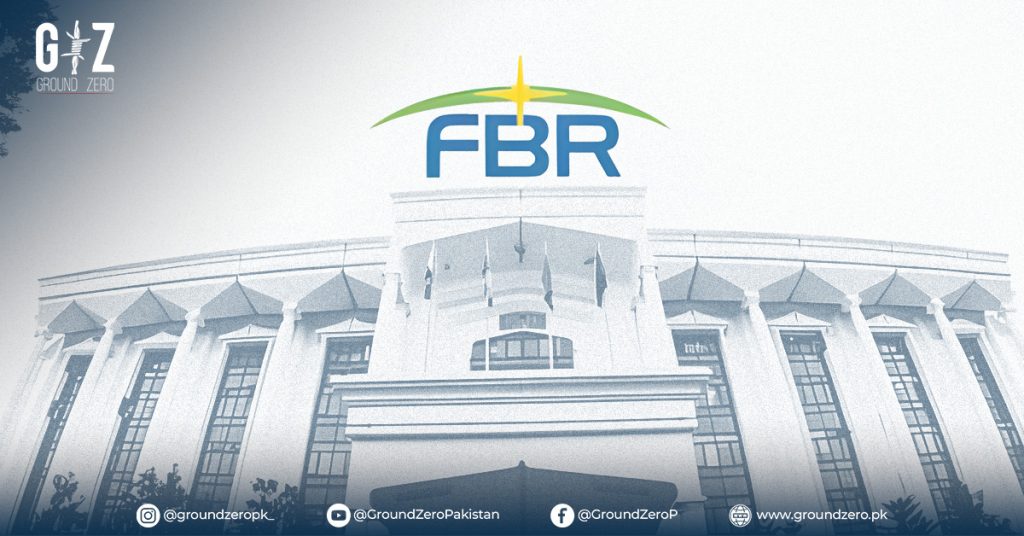FBR Rules Out Mini-Budget, Faces Challenges in Tax Collection
The Federal Board of Revenue (FBR) has ruled out any mini-budget, expressing confidence in achieving its revenue target of Rs12.97 trillion for the current fiscal year, despite existing challenges. Earlier, the FBR considered generating Rs650 billion through a mini-budget but decided to focus on cracking down on tax evaders instead.
During a Senate Standing Committee meeting on Finance and Revenue, chaired by Senator Saleem Mandviwalla, FBR Member Policy Hamid Ateeq Sarwar acknowledged significant hurdles in meeting the tax target. Sarwar highlighted challenges in conducting audits and recruiting new staff. Out of 6 million registered taxpayers, 2.5 million remain non-compliant.
To address this, Sarwar announced plans to hire 4,000 auditors and integrate an additional 2 million traders into the tax net. He stressed that no new tax measures were under consideration and the focus was on widening the tax base.
For more on taxation challenges, visit Dawn News: Taxation in Pakistan.
Islamic Banking System Under Review
In addition to tax discussions, the committee addressed Islamic banking. State Bank of Pakistan (SBP) Governor Jameel Ahmad briefed members on Islamic banking regulation, highlighting the need for further discussions on compliance with Shariah principles.
Governor Ahmad noted that Islamic banks generally offer lower returns compared to conventional banks. Senator Mohsin Aziz pointed out that Islamic banks seem to have fewer investment avenues, which affects their profitability.
For more insights into Islamic banking, read SBP Guidelines on Islamic Banking.
Loan Allocation for KP and Balochistan
Senator Mohsin Aziz also raised concerns over the lack of loan allocation for industrial ventures in Khyber Pakhtunkhwa and Balochistan, citing negligible lending practices that hinder industrialization. The SBP governor acknowledged the issue, attributing the challenge to government borrowing limiting banks’ willingness to pursue lending in smaller provinces.
The Exim Bank, established in January under the Export Finance Scheme, was also discussed due to its lack of leadership. Senator Anusha Rehman demanded transparency regarding the criteria for appointments and raised questions about the removal of the former CEO.
Growing Demand for Parliamentary Autonomy
The committee also addressed the growing demand for parliamentary autonomy concerning salaries and allowances for members. Senator Mandviwalla emphasized the need for Senate autonomy, following the lead of the National Assembly.
After the meeting, the SBP governor provided a macroeconomic update, projecting inflation to remain around 11.5% and GDP growth to range between 2.5% and 3.5%.
For further details on Pakistan’s financial policies, visit Pakistan’s Ministry of Finance.


